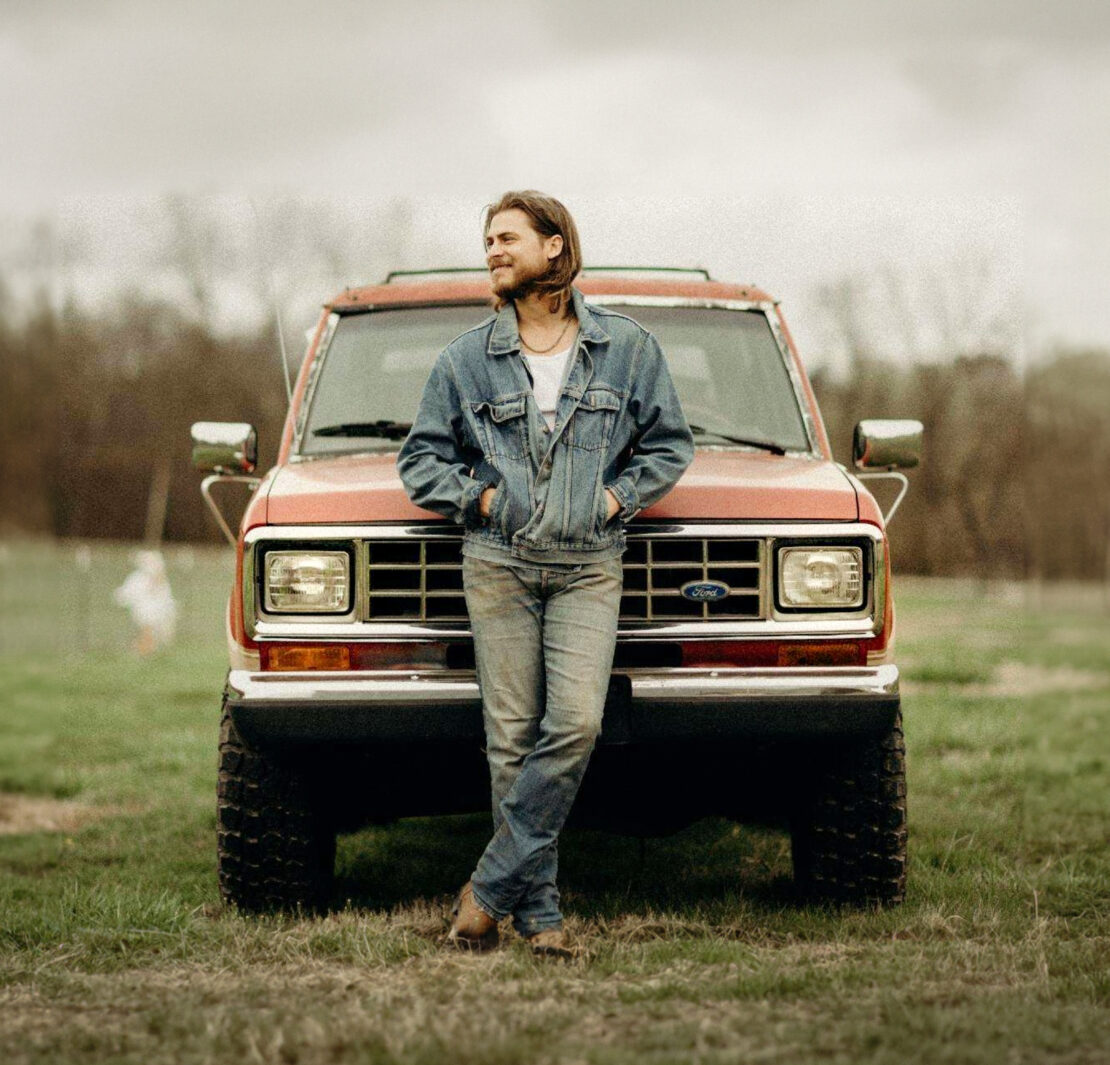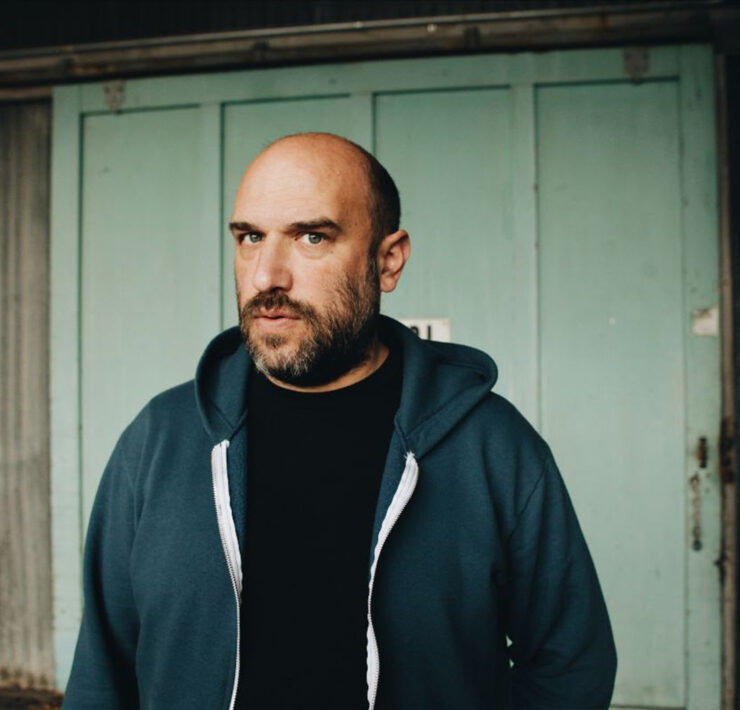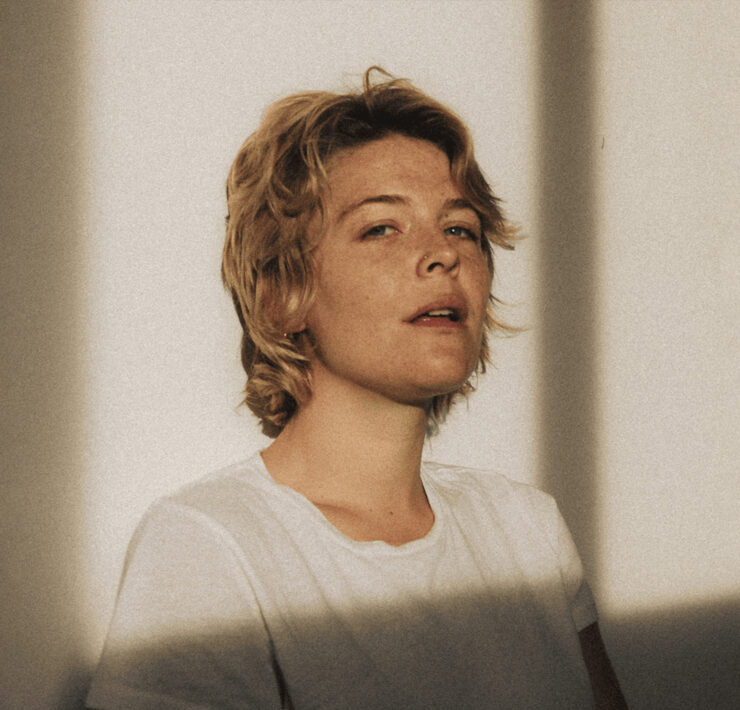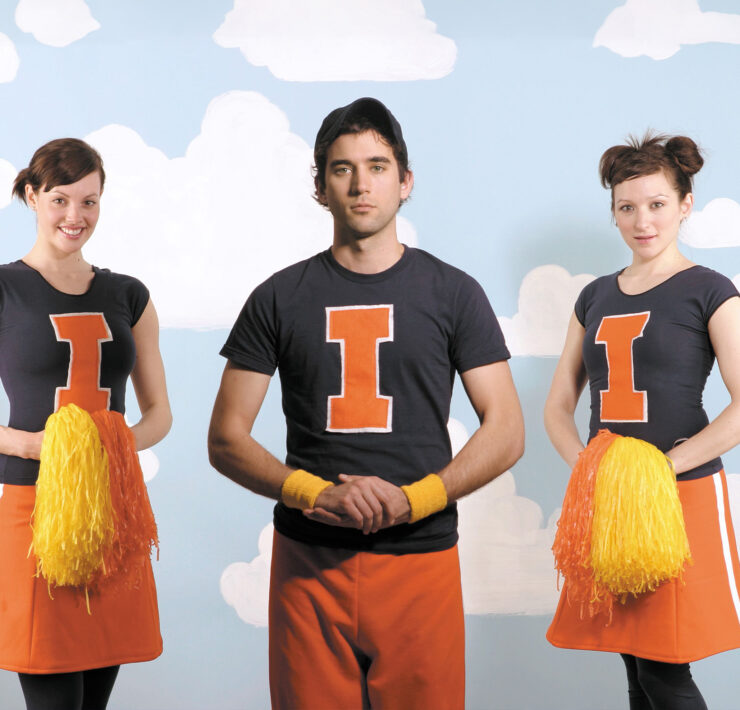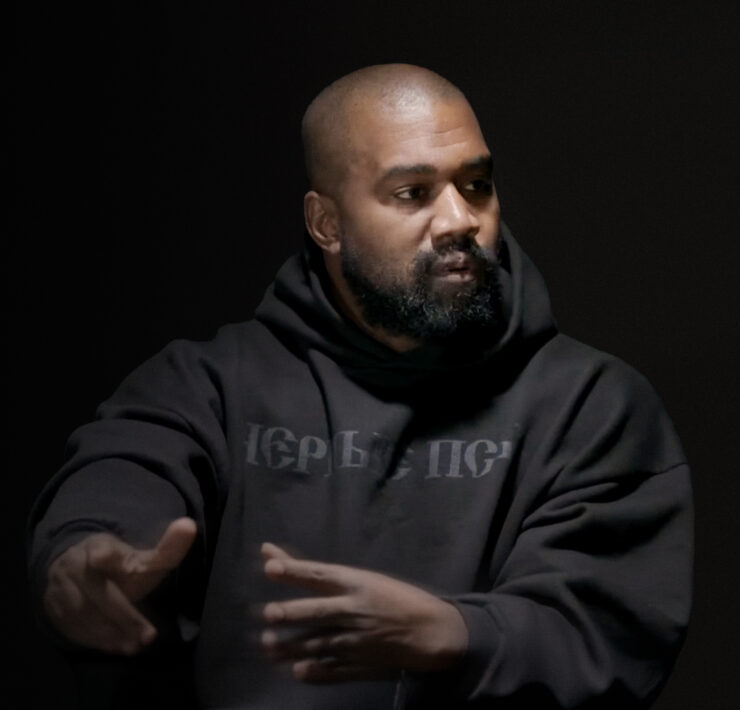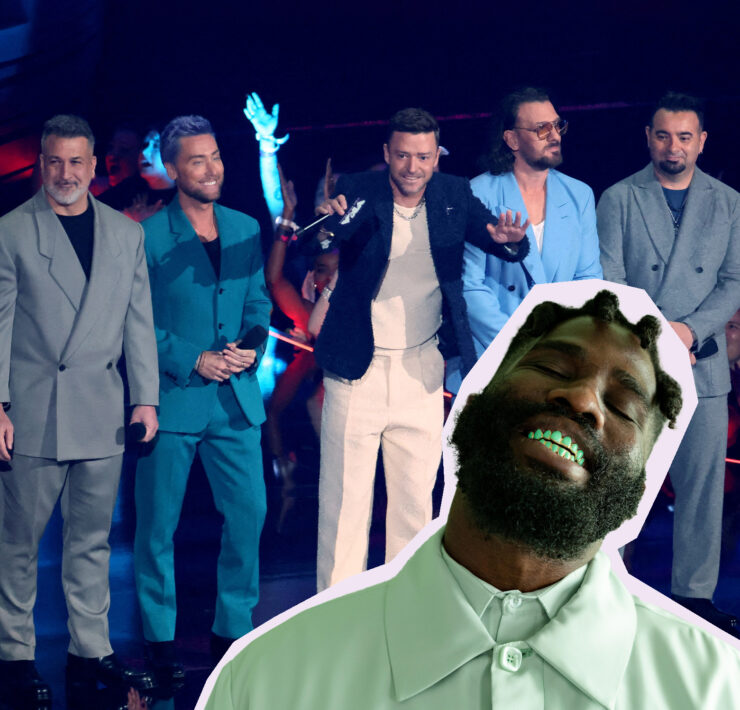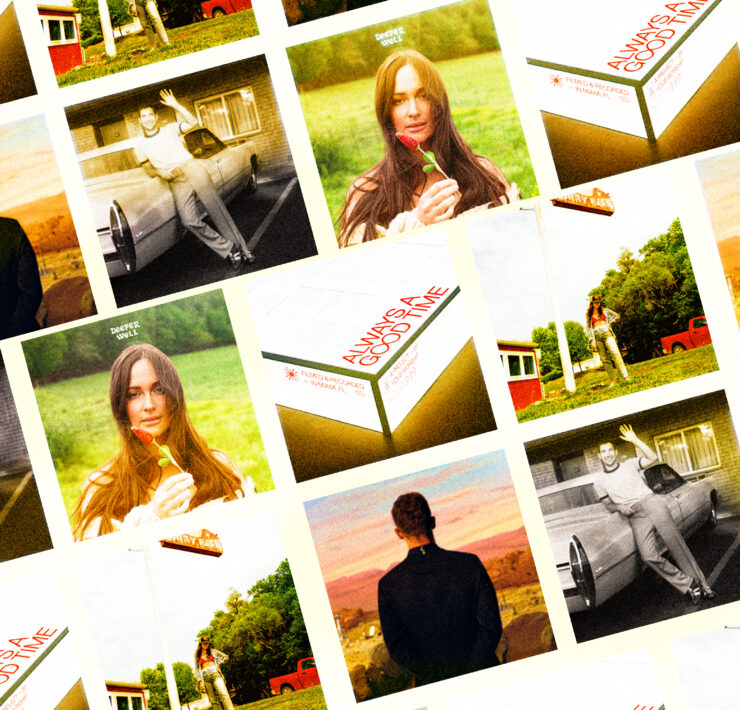Artist Cory Asbury just dropped his first new album in nearly three years, but it might not be what you expect for the artist behind worship megahits like “Reckless Love.”
Pioneer isn’t a straight worship album, but it’s not CCM either. Rather, Asbury pulled inspiration from country singer-songwriters like Zach Bryan and Tyler Childers to create. unique sound fans haven’t heard from him yet.
It was a new sound for Asbury to experiment with, but the songs still contain the truth and honesty we’ve come to expect. Asbury sings about what his life really looks like, not just the high peaks and highlights. He sings about the shifts he’s been walking through since he stepped away in 2020 — the good, the bad, and the down right difficult.
We caught up with Asbury to talk about these last few years and why he felt the need to change his tune.
This conversation has been edited for length and clarity.
You stepped away in 2020, and not just because of the pandemic. What’s been going on since then?
Cory Asbury: A lot of life happened, you know? We moved, like we were just talking about. We’re here in Nashville, Tennessee now. We used to live in Michigan for about five years, but it was too cold for us. My wife and I decided to leave that place. We loved the community, but we couldn’t stand the weather. It was freezing for nine months out of the year. We both grew up in North Carolina, so we wanted to go somewhere warmer and more permanent. We had moved around a lot, living in Kansas City, Colorado, Michigan, and other places. We wanted to settle down somewhere for good. I always dreamed of living in Nashville, because of the music scene. I finally convinced my wife to agree. We sold our house in Michigan in eight hours and bought a house here without seeing it in person. We saw it on Zillow and we knew it was the one.
It was a small farm with seven acres of land. That was a big part of the last three years. It’s hard to summarize everything that happened, you know? But I think one of the biggest changes was leaving full-time ministry at a church. My wife and I had been on staff at a church since we were 19 years old, and we’re 37 now. So that’s about 18 years, right? Something like that. But this is the first time ever that we’re not working at a church. We just go to church as regular members.
And it’s amazing. I don’t have to wake up at 5 a.m. and do sound checks and play multiple sets. We just enjoy church and worship God. That’s the first time in almost 20 years that it’s been like that. And it’s been incredible. It’s been refreshing. We’ve been processing our life, the past 18 or 19 years of ministry and what it was like.
There were some things that were difficult, some things that were painful about it. And we let God speak to those things and heal those places. It’s been really beautiful. It’s been really powerful. We’re not bitter or angry at the church or anything like that. But there’s stuff that happens that’s real. And if you don’t deal with it and face it, you’ll end up living in bitterness and offense. And we didn’t want that.
We just did the processing and God met us in the middle of that, even in the past two or three years since we’ve been here. It’s been really sweet.
Why did you decide to step back into it now?
I wouldn’t say I took a step back from music. I took a step back from releasing music and touring and being in the public eye, I guess. I wanted to do some deep heart work. And in the midst of that, I wrote a lot of music. So I didn’t stop doing that. I was always writing as a way of processing life. That’s my therapy, you know, when I sit down with my guitar and maybe a friend and say, this is what I’m going through. Let’s write about it. Let’s explore the depths of the difficulty or the pain or the beauty of whatever I’m experiencing, whether it’s family or ministry or whatever. So
It’s been three years since I released any music, but I think that’s because, like I said before, I needed to withdraw a bit and just feel and process and decompress, I guess. I feel like we really needed that and in the middle of that there were so many songs that came to life and so many ideas that took shape that I think people will finally hear. But yeah, it was very much like going into a cave and just writing, but not releasing anything for three years.
But now it’s finally like okay. It’s time. We’ve done it. And hopefully the world will get it and appreciate it because I think we’ve all been in those places before. So yeah, it just had to happen, you know?
This album has a clear country influence. Where did it come from?
Well, I love organic instruments. I love guitars and all kinds of stringed instruments. I think they’re beautiful. There’s something special about playing the instruments yourself. I think a lot of our music is processed. It’s made with synthesizers, keyboards, digital sounds and samples. But when I go to a show, I want to hear people play instruments. You know what I mean? I don’t want to hear tracks. I don’t want to hear a keyboard pressing a button, but that’s just me. That’s my preference. And I grew up listening to that kind of music. And you know, in North Carolina, there’s a country vibe and influence. Bluegrass is big there. And I remember finding a Nickelcreek CD in a Dairy Queen parking lot when I was 12 years old. I didn’t know who they were, but they were very bluegrass-y. They have fiddles and mandolins and all that stuff. And I put the CD in the CD player. And I was like, wow, this is amazing.
I fell in love with that sound. But it felt like in Christian music, when I first started making music, you had to do a specific sound and style, with a lot of pads, soundscapes, you know that “woo” sound. Dude, I’m so tired of that sound. I’m so over that sound. I never want to hear a pad again, ever, in my life. If I never heard a pad again, I would be so happy. I love real music, and living in Nashville, you have access to so many incredible musicians. There are these instruments that bring so much emotion. Like the lap steel — it sounds like someone crying. It’s so evocative, emotional, unquantifiable. I came back to it and I was like, man, I love this kind of music. I wonder if we could produce this record more along those lines.
Everyone’s saying on social media, “you’re Country Cory now,” but it’s not fully in that lane. And even if it was, I wouldn’t mind. But I think the beauty of that kind of music is that it’s very story-driven, very narrative-driven. And you know, that’s the tradition of country music. You’re telling a story, you’re bringing the listener in and hopefully, you’re giving them a lesson through this story, whether it’s about someone else or yourself.
There’s something cool about that and I think the music fits the songs really well. I’m very happy with how it is and I’m very happy that it has a bit of a country lean to it.
So, how would you define the sound of this album?
That’s a tough question. I think you mean sonically, right? I would say it’s very singer-songwriter with a country Americana lean.
But that’s hard because then you feel like you’re stuck in a certain genre. And the music that I love recently is not so typical. I don’t know how much country music or Americana or singer-songwriter music you listen to, but I love Flatland Cavalry, Zach Bryan, Tyler Childers and others. They have a cool acoustic-driven sound that’s not like Morgan Wallen or Tim McGraw, who are more mainstream country. I grew up listening to McGraw, though. His Live Like You Were Dying was the first country song I ever really listened to at Sunset Restaurant in North Carolina. But my music is not like that. It’s more like Zach Bryan or Tyler Childers, who just play guitar and sing and have some other instruments around them. I think it’s beautiful. And there’s this dude with a weird name that I can’t remember right now. I’ll find it and tell you later. He’s more singer-songwriter-ish, too. But yeah, my music has some country elements, like pedal steel, but it’s hard to define.








